Sony's Long-Term Strategy: Forget Japan?
Ico, The Last Guardian, Demon's Souls, Patapon are all things of the past. In Sony's new reality, there's seemingly no more room for funding titles that resist Western trends and set their own.
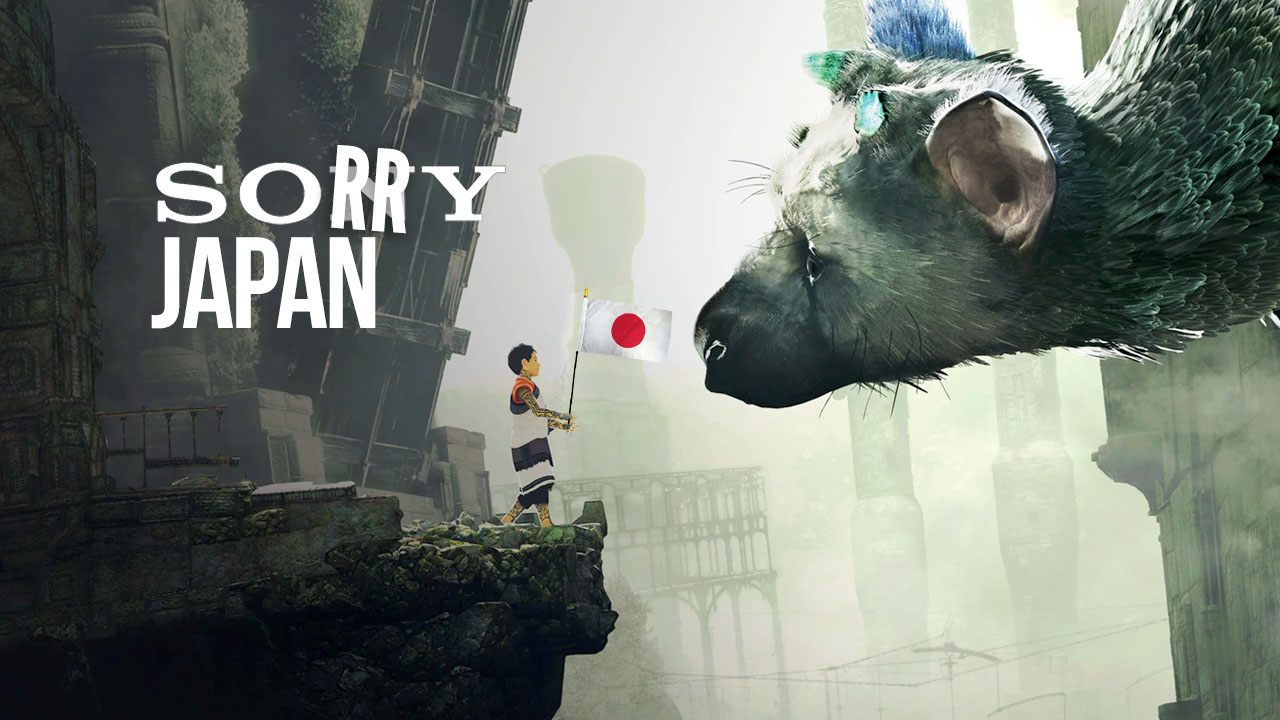
One of the sillier and more easily refuted arguments made against Sony in the age-old my-gaming-box-is-better-than-yours war is the trumped-up "They only make cinematic action adventure games that virtually play themselves."
PlayStation 4, for instance, offered an incredible genre spread of games developed directly under the Japanese corporation's supervision: party games (the entire PlayLink series), racers (DriveClub and Gran Turismo Sport), the one-of-a-kind The Last Guardian (and the remake of Shadow of the Colossus), action RPGs based on unique gravity manipulation mechanics (Gravity Rush 2), exploratory adventure Concrete Genie, Dreams offering almost complete genre and creative freedom, MLB baseball simulator The Show, platformers (Ratchet & Clank, Astro Bot Rescue Mission, LittleBigPlanet 3), adventure games (Until Dawn, The Inpatient, an FPS Killzone: Shadow Fall or a soulslike Bloodborne. Even Knack found its own place, and to see the PS4 solely through the prism of the next Uncharted and Horizon Zero Dawn, you have to narrow your horizons very, very hard.
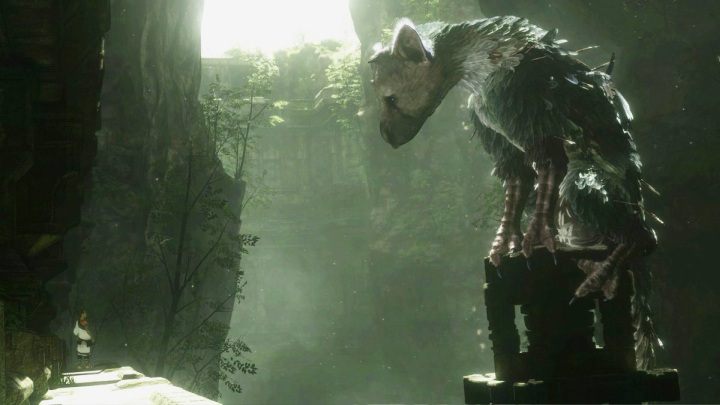
Some of the most extraordinary of these projects, also (or perhaps most of all) in artistic terms, are The Last Guardian and Gravity Rush 2 – titles developed by Japanese developers. Also, we owe the existence of the great Gran Turismo, Bloodborne (and, in fact, the entire soulslike subgenre), the Astro series, and the Shadow of the Colossus remake to the fact that, at some point in history, Sony decided to sail along the off-beat ideas of its Japanese designers and developers. Without these, and many other, now-dormant, older series from the Japanese corporation (including Siren, PaRappa the Rapper, Ape Escape, Everybody’s Golf, LocoRoco, Patapon) the world of video games would be much less exciting. And it would be a sad day for the entire gaming community if the decisions currently hinted by the fathers of PlayStation became reality.
Black clouds over Asia
The Japanese have been talking about changing their approach to their own market (and after all, they have largely based their current power on their success there) for several years now. A strong indication of such conclusion was Sony's restruction of its gaming division in 2016, when Sony Computer Entertainment and Sony Network Entertainment International were merged into California-based Sony Interactive Entertainment.
At the time, the situation of the PlayStation in Japan was unimpressive – out of 36 million PS4s sold worldwide, only 2 million went to the native land of Sony. 2 million was not a bad result for Japan, where people had been increasingly eager to play games on mobile platforms or PCs, and less eager to buy home consoles for years. The following years did not change this trend – currently, PlayStation 4, with the result of less than 10 million copies sold in Japan, is a black eye for Sony, as the lowest-selling home gaming console from that company in their own country. Meanwhile, the result achieved by this platform globally already exceeded 100 million units sold.
So, Sony has decided to depart from its roots even further, and focus on Western markets, where it's apparently doing much better. For the PlayStation 5 launch, disproportionately few copies of the new console were shipped to Japan compared to other key countries, irritating and discouraging an already shrinking customer base.
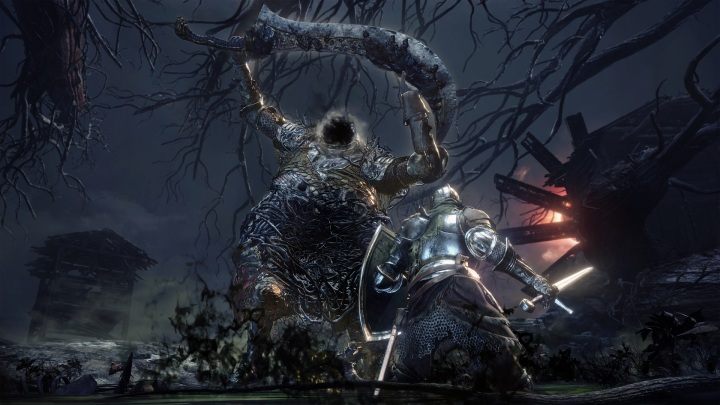
According to Bloomberg, in November 2020, Sony Japan was sidelined in promotional planning, and a third of jobs there were cut, which was justified by the U.S. branch of the company with the argument that Wester audiences are not interested in games focused on the Japanese market.
Sony, of course, denies these claims and insists that its homeland remains a strategic market for them. But it's hard to believe that when two, most important PS5 promotional conferences were held at 5am Tokyo time, and were mostly short on Japanese translations. Another, less significant indication that something is up is the fact that, after 26, PS5 will be the first console with unified confirm/cancel button functions on the DualShock – previously in Japan, the cross was responsible for cancelling, and the circle for confirmation, but now, Sony switched it around to match the global scheme.
The end of era of innovation?
Most of these actions are of no concern for a Western consumer, but it's also quite easy to sympathize with gamers seemingly neglected by their native company. One issue, however, will affect the entire world – the weakening and sidelining of studios that develop games in partnership with, or directly at Sony Japan.
It's not just about the recent, significant reduction in the number of employees, but also about the specific people that have left. Back in 2011, Sony Japan said goodbye to Fumito Ueda, the visionary who gave PlayStation such classics as Ico and Shadow of the Colossus. He finishedThe Last Guardian as a subcontractor and is creating his next big project on his own, at gen DESIGN, with funding from Epic Games.
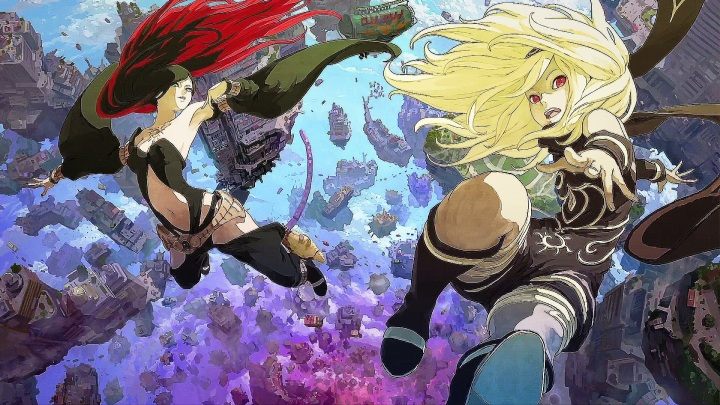
At the end of 2020, Sony Japan will bid farewell to Teruyuki Toriyama, the producer of Bloodborne, who had a major influence on the final design of Astro Bot Rescue Mission and the remake of Demon's Souls. A month earlier, Keiichiro Toyama also left – he gave the world the first Silent Hill as well as acclaimed series Siren and Gravity Rush. His new studio was launched with two other Sony veterans, Junya Okura and Kazunobu Sato, who produced The Last Guardian. So, Sony didn't just give up a few unimportant jobs – they've literally let some of their most experienced authors go.
Here's what Keiichiro Toyama said about his departure:
Games have become bigger and bigger over the past few years. The audiences have become wider, especially for corporations like Sony, where I was. However, rather than reaching the widest audience possible, my games "chose their audience" in a way. They tend to have these odd concepts, and in the end I'm confident they leave a trace. I aspire to make IPS that fans can enjoy ten, or even twenty years after they're released. As I want to keep achieving this under the right conditions, I thought it was a necessity to have my own studio.
In an interview with Famitsu, Junya Okura makes a similar statement:
After the company's system changed, it became a policy to proceed large-scale development ahead of game development. It became difficult to try various things, and if circumstances changed, it was also hard to change the course of development.
However, there are some parts that I learned about creating games with a large team. It wasn't that we didn't like the production with such a policy, but we simply opted for independence, ability to create the best games we can, in the best way we know.
Although former Sony employees avoid directly criticizing the corporation, what emerges from their carefully uttered words is a picture of a company that no longer has as much room for creativity and bold ideas as it once did. The corporation was no longer interested in producing less profitable, more ambitious games that may not have wowed the crowds, but resonated with specific niches much more strongly than mainstream blockbusters can.

The man who gave us Souls
When listing the great talents formerly powering Sony Japan, producer Takeshi Kaji is also a notable character. It was he who, at the end of 2010s, came up with the idea to revive a forgotten genre of dark-fantasy action games, in the style of FromSoftware's Wizardry or King's Field . With funding secured, he went to talk to the studio. There, with Hidetaka Miyazaki, he made the decision to go for a more creative vision, instead of trying to make the game accessible to the widest possible audience. After a lot of hard work and a fight with Sony's management, who didn't really believe in the project, Demon's Souls was finally born. This unique game initially sold poorly, but became a genre-defining hit over time.
In the interview quoted above, Kajii commented on the success: It is understandable to want low risk and high reward. In recent years, marketing has become much more important in dictating what games to actually make. There's little room left for innovation, and as production costs rise, there's less and less pie to share.
From a marketing and financial standpoint, Demon's Souls is a project that should have never been made. But if you are steadfast in your ideas, design and process, you can succeed. I hope Demon's Souls becomes proof that an original idea, so off-the-wall, can gain recognition, be financially successful, and elevate the medium as a form of art. I want to believe in a change of paradigm, that such a success and popularity will build a foundation for the production and recognition of more original, unconventional games.
Unfortunately, Takeshi Kajii couldn't fully enjoy and appreciate the extent to which his work influenced video games as a whole. He sadly passed away in 2013, and Demon's Souls was his last project. Hidetaka Miyazaki in the following years successfully continued down the set course, and today, he's the main "father of souls." However, it's worth bearing in mind that this success had more than one father, and there would be no Dark Souls, Bloodborne or other representatives of the genre today not only without Miyazaki, but also without Takieshi Kaji.
Big did more
The aforementioned Keiichiro Toyama, Junya Okura, and the others will still be developing games, just independently. Sony Japan has been severely vitiated, but it still exists and will probably cook up something new every now and then – we just got the well-received Astro's Playroom. Changes in Sony's approach, however, mean that we can no longer count on the corporation to deliver unusual, daring games. It won't give the world another generation of high-profile Japanese developers, who used to find creative freedom there, allowing them to do more than their peers around the globe, with the sort of funding that indie developers could only wish for.
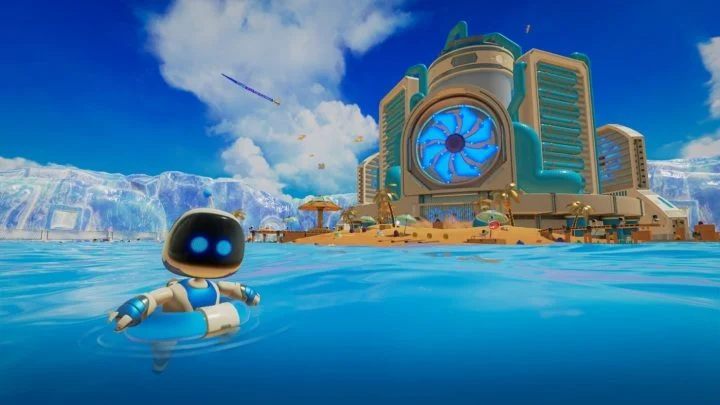
No one will green-light a high-budget gem like The Last Guardian any more. Because the surmised profits wouldn't rustle corporate jimmies the right way. Sony only made it because it needed a prestigious, ambitious exclusive, that would encourage a specific niche to get the PlayStation. A niche that apparently no longer matters so much to this corporation.
In Sony's new reality, another Demon's Souls likely won't be born. Gone will be the Patapons, Ape Escapes, and Gravity Rushes – each unique in their own way and appealing to many.
There's no reason to believe that this change of approach applies only to the Japanese market – it's simply best evidenced there, because that's where the company's most creative brands originated. We can probably write off quirks like Western Fat Princess, Dreams or Flower as well. It turns out that "action-adventure games that complete themselves" is not a mischaracterization of reality, but a grim prediction that is getting closer and closer to coming true.
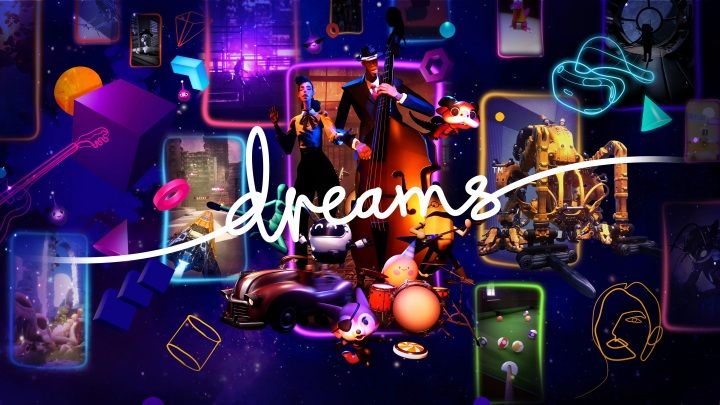
And as much as I like The Last of Us, Uncharted, Horizon Zero Dawn , and God of War, it's a shame that alongside them, there may not be room for games that didn't seem as universally appealing to as many gamers. It was the Japanese madness and creativity – not Western spreadsheet fever – that made me love video games.
ABOUT THE AUTHOR
My fascination with the world of video games began with the first PlayStation, mainly with Japanese series. Although I also currently play on PC and Switch, and plan to purchase an Xbox Series X, I have highest hopes for the PS5, since it was Sony that gave me some of my fondest video game memories. I didn't always like the decisions the Japanese made, but at the end of the day, they still offered me more than competition. I would like it to stay that way.




